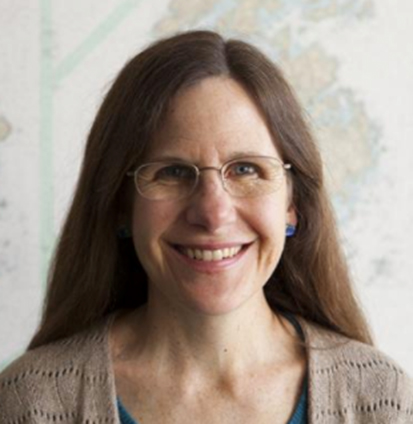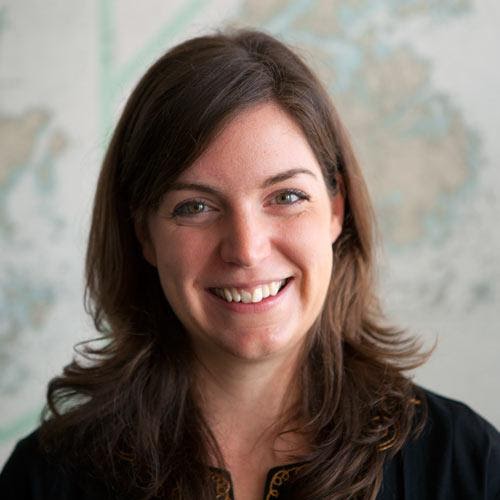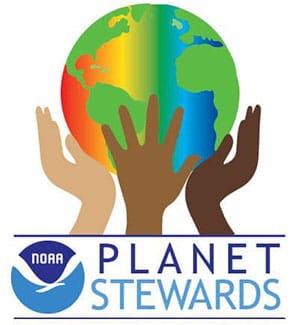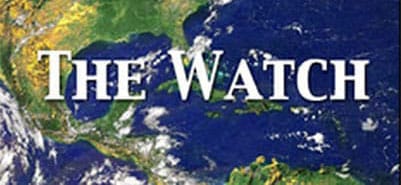Kelp Can Help!
Climate Action for Students through Kelp Aquaculture
This presentation looks at some of the impacts of climate change on Maine’s ocean environment and the community-based approach the Island Institute takes to support island and coastal schools as they teach students how to plan for and adapt to climate change. Because the Gulf of Maine is warming faster than almost any other body of water on earth, our island and coastal communities and students are on the front lines of climate change. Our focus is on place-based and experiential projects that equip students with action-oriented approaches to learning about our changing marine environment. We will use kelp aquaculture education as a case study and share educational resources including information about our Climate of Change film series, our Climate of Change lV The Future of Aquaculture Educator’s Guide for middle and high school levels and our Kelp ME ASAP Curriculum guide for the elementary level. We will also share related general resources more relevant to those educators without local ocean access.

Yvonne Thomas
At the time of this broadcast Yvonne Thomas was a K-12 educator with 25 years of experience working on Maine islands, as the K-12 school counselor, health teacher and leadership/admin team member in both the largest and smallest of Maine’s unbridged island schools. In 2015, she joined the Island Institute as the Education Director, working closely with Maine’s 13 island schools, remote coastal schools, partner organizations and higher education institutions. She helps develop networks and implement education programs through collaboration that support the unique challenges and opportunities that these schools have. The Island Institute’s Education Program takes a place-based and experiential education approach, often with a focus on the marine environment, and increasingly, emphasizing adaptation to climate change. Yvonne received a BA in Fine Arts and Psychology from Connecticut College in 1987 and an MA in Expressive Therapy from Lesley University in 1993. She holds Maine Department of Education school counselor and assistant principal certifications. She lives on the island of Vinalhaven with her family.

Rebecca Clark Uchenna
Rebecca Clark Uchenna is a native Mainer and her passions include marine stewardship, conservation and education. She earned her Bachelor of Science in Wildlife Ecology from the University of Maine and her Master of Science degree in Environmental Studies with a concentration in Conservation Biology from Antioch University New England. She has taught in formal classroom settings as well as environmental education outdoor classrooms. At the time of this broadcast Rebecca joined the Island Institute as the Education Programs Associate in 2013 where she worked with island schools and teachers along the coast of Maine. She also developed and supported several STEM education programs for island and rural coastal schools. After successfully completing two STEM programs, she moved to the Island Institute's Marine Resources Programs team where she is currently working on regional ocean planning in the Northeast as well as providing information and support to fishermen interested in aquaculture. She believes that making the bridge between scientific research and classroom materials appropriate for children and adults allows them to make educated decisions and be a voice for active change in their communities.
Education Resources:
NOAA Fisheries: Basic Questions about Aquaculture
PBS Learning Media: Marine Fisheries & Aquaculture Lesson Plan: Do You Know the Fish You're Eating?
Where to Buy Maine Seaweed:


Social